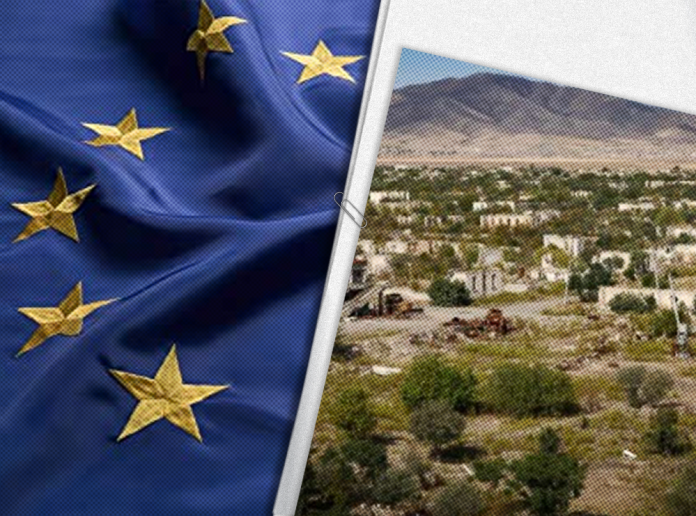French Ambassador Olivier Decotigny said at a meeting with Armenian Minister of Labour and Social Affairs Narek Mkrtchyan that France would allocate 7 million euros to help the Armenians of Nagorno-Karabakh who moved to Armenia.
A spokesman for the French government said:
“In cooperation with partner organisations, the French government has decided to provide 7 million euros to meet the social needs of IDPs [internally displaced persons] from Nagorno-Karabakh.”
Decotigny also stressed that France plans to send a plane with medical supplies and equipment to Armenia to help the victims of the explosion of a fuel tanker in Karabakh.
On 19 September Azerbaijan launched a military operation in Karabakh, calling it an “anti-terrorist operation” to regain control over Nagorno-Karabakh. Yerevan characterised this as aggression, saying that there was no Armenian army in Karabakh.
After a day of mass shelling of the Armenian enclave by the Azerbaijani side, a ceasefire agreement was reached, with the disarmament of Armenian formations and the withdrawal of heavy equipment from Karabakh among the terms of the truce.
On 21 September, representatives of Azerbaijan and Karabakh Armenians met in the Azerbaijani town of Yevlakh, 100 kilometres north-east of Stepanakert. The meeting discussed the conditions for the region’s integration into the republic.
On 22 September, Azerbaijani presidential aide Hikmet Hajiyev said that the integration of Karabakh Armenians into Azerbaijan’s economic, political and social life may be accompanied by difficulties, and one should be prepared that some may not be able to accept the new rules and decide to leave.
However, Azerbaijani President Ilham Aliyev said at a meeting with his Turkish counterpart Tayyip Erdogan on 25 September that the Azerbaijani authorities would do everything possible to ensure that the process of reintegration of Karabakh Armenians into Azerbaijani society is successful.
